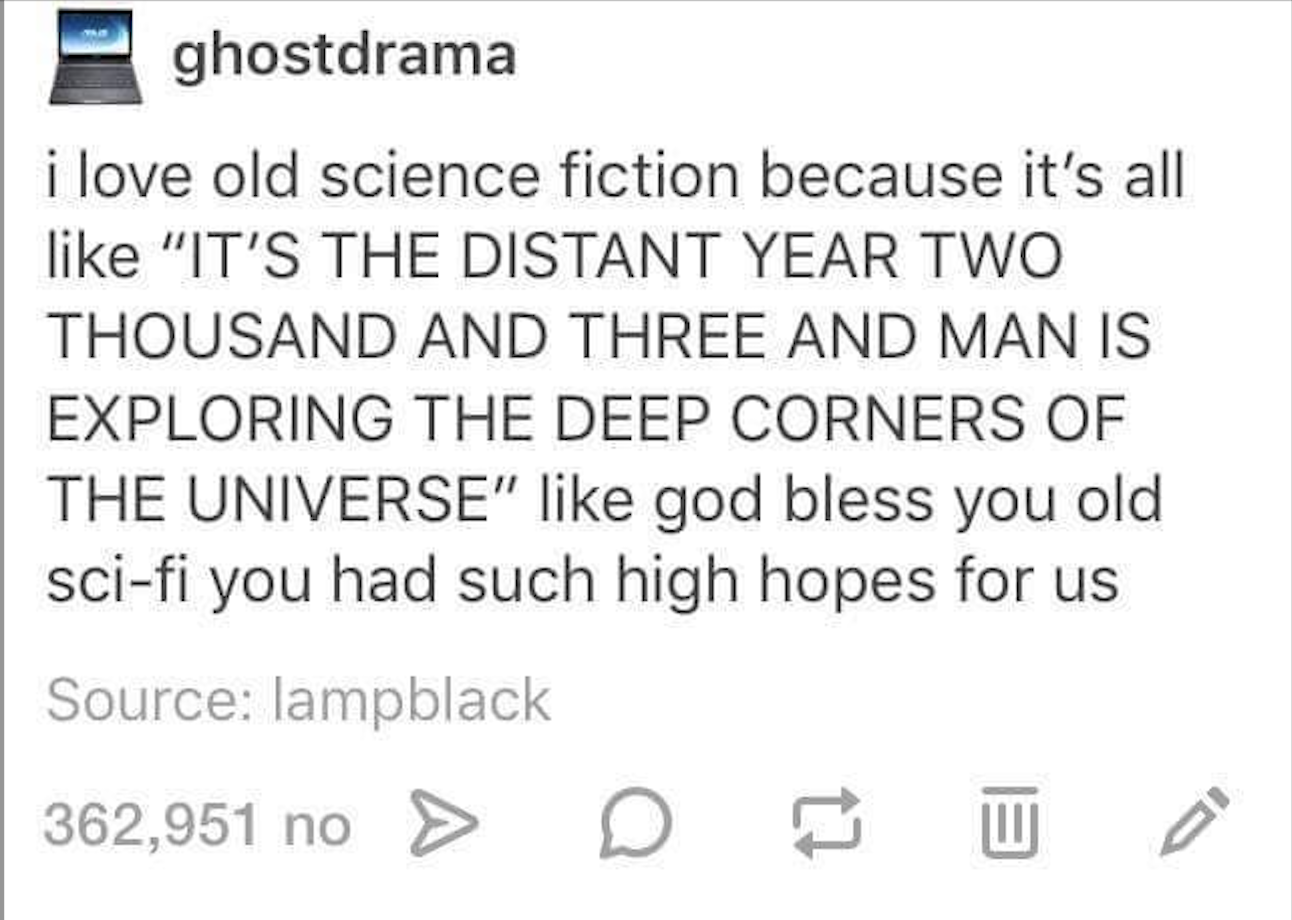I’m really starting to like this ‘small, episodic’ format—it makes it easy to get into things quickly, and also provides clear points at which you can notice that you have once again stayed up too late reading and need to go to bed so you can function tomorrow.
This sorta reminded me of reading, like, an old Sherlock Holmes thing. Or, maybe, Elementary, rather than classic Sherlock Holmes, because of that episodic (and modernized!) vibe. Each one has a nice amount of mystery going on, that feeling that you’re racing the protagonist to figure out what’s really going on. And done in that very satisfying way, too; in the first story, I figured out Patient #1 almost immediately, and felt quite happy when my suspicion was eventually confirmed.1
The introductory material felt a bit overly-congratulatory, but I found myself agreeing with it eventually. Vajra did a really great job of creating interesting aliens—not only is there a very impressive amount of variety in the physical appearances of the aliens, but there’s also some fun cultural differences on display as well. That latter aspect feels like it’s a rich vein for exploring that hasn’t been nearly thoroughly explored enough, but the former, this may be one of the best explorations of this “aliens can be weird” thing I’ve ever seen.2 The aliens are, truly, weird; even with the visual descriptions, there’s a couple that my brain just gave up on trying to visualize, and I wound up as that parable about blind men arguing about what an elephant is.
The third story did a great job of tying things together, and felt like a reasonable close to the series. There’s definitely room for more, if desired, but in these three pieces we’ve got a complete arc, and I was quite satisfied with the ending. Plus, it just had a great sense of cosmic wonder to it, which is a great note to end on. Hopeful science fiction! This is what I want to read.
Overall, I really enjoyed this; it’s a fairly quick read, and manages to hold onto that ”god bless you, old sci fi, you had such high hopes for us”3 kind of vibe while also, like, knowing that cell phones exist. Striking a great balance. Give it a read.4
- Spoiler:“She’s a baby!” I muttered to myself, over and over, as I read that one. ↩
- The other contender I can think of is Robert L. Forward’s Rocheworld series — between the flouwen and the icerugs, he’s got some really interesting alien lifeforms as well. ↩
 ↩
↩- This is a Bookshop affiliate link – if you buy it from here, I get a little bit of commission. It won’t hurt my feelings if you buy it elsewhere; honestly, I’d rather you check it out from your local library, or go to a local book store. I use Bookshop affiliate links instead of Amazon because they distribute a significant chunk of their profits to small, local book stores. ↩